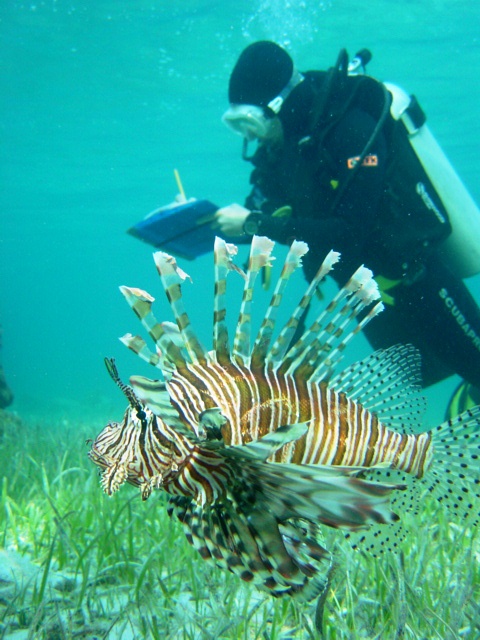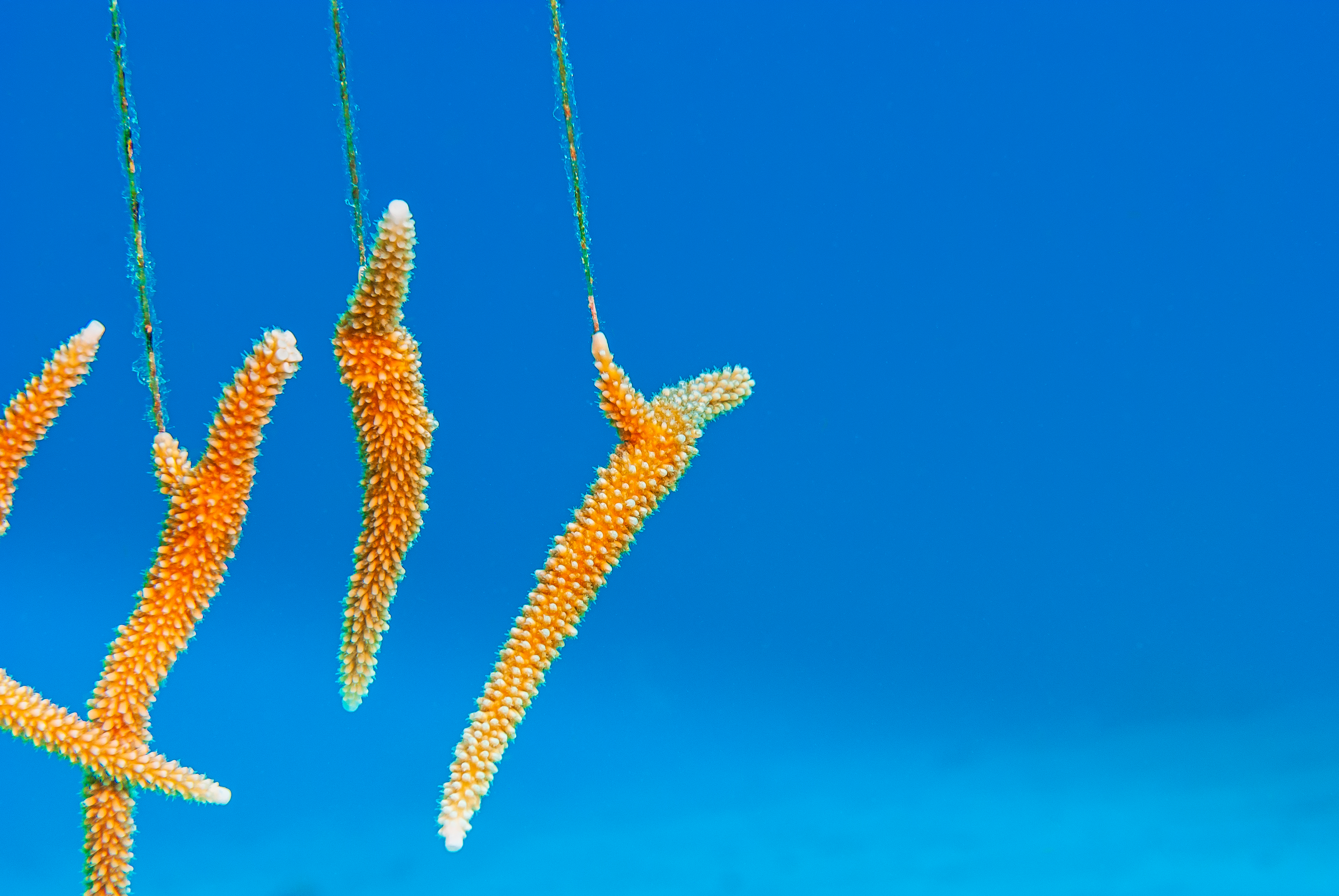Green Lab
Aquatic global change ecology and conservation
Research
We investigate the causes and consequences of biodiversity change in aquatic ecosystems, with the goal of developing science-based tools to inform conservation and restoration under global change. Our lab uses a range of methods including field experiments, theoretical and statistical models, studies along environmental disturbance gradients, and stakeholder surveys to understand how drivers like biological invasion, climate change, and harvesting are altering the structure and function of aquatic ecosystems and the goods and services they provide to people. We also pair ecological and social science approaches to understand the consequences of conservation and restoration interventions for coupled human-natural systems. Our projects feature strong partnerships with practitioners and local community members to ensure that the co-developed research addresses practical information needs as well as intriguing scientific questions.

Food webs under global change



Unprecedented rates of global climate change are now pushing species’ ranges and densities far outside historical variation. How will ecosystems and the resources we derive from them respond? Our research is tackling this issue by investigating the organismal role traits (behaviour, morphology, physiology, and life history) play in determining the strength of interactions within marine food webs. Our ultimate goal is to predict ecosystem structure and function under future global change scenarios that account for the important influence of species interactions on ecological outcomes. A core project in this theme focuses on the effects of climate change on the distribution of predatory Albacore tuna in the California Current Large Marine Ecosystem and the consequences for cross-boundary fisheries in collaboration with scientists at NOAA Southwest and Northwest Fisheries Science Center, Stanford University, and Scripps Institute of Oceanography. Read about our Lenfest Ocean Program-funded research here.
Projects in this theme: Dr. Natasha Hardy, Dr. Miram Gleiber, Cole Brookson, Kyle Shanebeck
Collaborative partners and networks: Future Seas Consortium
Impacts and management of invasive species


Predicting the effects of biological invasions on ecosystems and the natural resources they provide is a top challenge for conservation. In aquatic ecosystems, restricted access to many habitats and high population connectivity mean that invaders spread at a pace and scale that often precludes complete eradication. To tackle this issue, we are building tools that help managers forecast the consequences of invasion intensification and spread, and decide how to best use resources to prevent and reverse the impacts of invasion in aquatic ecosystems. Pertinent questions that our work asks are:
- When and where are strong invasion impacts predictable?
- To what extent must invasive populations be suppressed to protect native species and the resources they provide from declines?
- How can managers effectively allocate resources for intervention to maximize ecological and natural resource protection while generating positive socio-economic outcomes?
Current research in our lab addresses these questions through collaborative research on three broadly distributed invasions of management concern: Indo-Pacific lionfish in the tropical Western Atlantic, European green crab in the eastern Pacific, and Prussian carp in central Canada.
Read more about projects in this theme: Dr. Alex Davis, Elizabeth Smith, Natasha Pentyliuk, Victoria Van Mierlo
Collaborative partners and networks: Aquatic Nuisance Species Task Force Regional Panels; Blue Ventures Conservation; Reef Environmental Education Foundation
Dynamics and recovery in restored ecosystems



Precipitous declines in coral reef and mangrove habitat worldwide threatens the food security, livelihoods and infrastructure of tropical coastal communities. Is it possible to restore the functionality of damaged habitats? What ecological and socioeconomic factors mediate the success of restoration efforts? Our research is tackling these questions through research in collaboration with coral restoration organizations and coastal managers in the Caribbean Sea where restoration is occurring amidst a range of other conservation interventions. By applying a range of ecological concepts including resilience, functional connectivity, and metacommunity theory to field and modeling studies from local to seascape scales we are investigating the context in which restoration interventions are likely to lead to ecological recovery and socioeconomic benefits.
Projects in this theme: Aneri Garg, Noelle Helder, Courtney Stuart
Collaborative partners and networks: Coral Restoration Consortium; Coral Restoration Foundation
Uniting ecological and social science for conservation

We seek to understand the feedbacks between social and ecological processes that fuel sustainable systems, forming partnerships beyond ecological science to understand how interventions such as market development, volunteer engagement, and media communication play a role in durable solutions to pressing conservation problems. We also seek opportunities to generate reflective insights into the ways that societal sectors can effectively engage in co-developing research that generates relevant knowledge for management and conservation.
Sample papers: Andrews et al. 2021 Energy Research & Social Science , Green et al. 2015 Conservation Letters, Phillis et al. 2012 Conservation Letters
